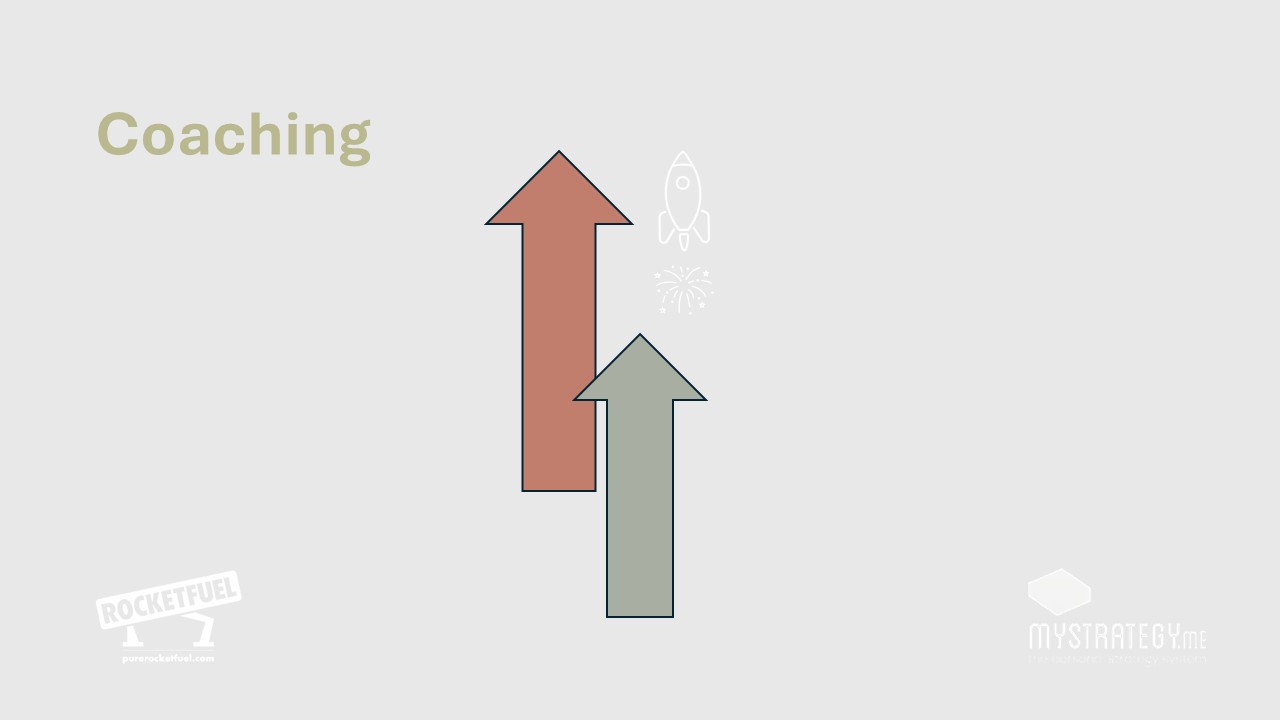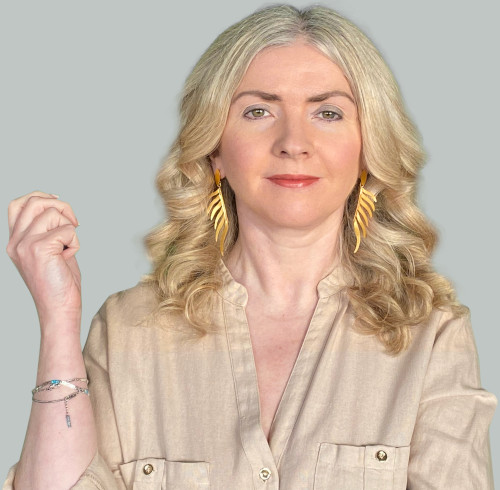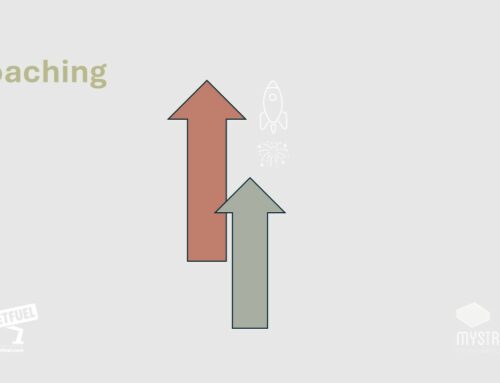
Not all learning is equal, so let’s make sure you’re getting what you need, suggests Leadership & Performance Coach, Davina Greene.
“Once you stop learning, you start dying” is a line attributed to Einstein. A tad dramatic, perhaps (after all, everyone deserves the occasional break), but there is indeed some truth to the statement. Let’s start this one with some good news: we are constantly doing it– or, at least, presented with the opportunity. Every interaction, every occurrence, every decision, can teach us something about a person or a topic and, essentially, the only distinction is whether we are actually paying any attention.
How To Ensure Your Learning Is Well-Balanced
When discussing a person’s growth, I always like to start with the balance of work- versus non-work learning. All of us can recognize a formal work training day – some will love it, some will always view it as a ‘doss day’. However, huge amounts of learning are informal, on-the-job: projects, secondments, permission to explore new areas… Sadly, though, sometimes if it’s not being paid for, we don’t notice it.
Work training can also run out-of-hours, which is when we begin to lose some balance. For example, regulatory obligations or Professional Development requirements in your industry may add to the time and energy you must give to learning, to the detriment of your personal preferences. The closest the workplace really gets to personally-relevant learning is Coaching – there’s no avoiding the fact that you’ll be discussing aspects of yourself and your behaviors that impact both your working and non-working life. But most people don’t have coaches, so think: What was the last thing you learned for you?
Next, I like to consider ‘strategic’ versus ‘pleasure’ learning. Sure, ‘strategic’ in a work context is very easy to comprehend. Once Management have defined a strategy, determined the skills (‘hard’ and ‘soft’) needed in the organization, and spotted the gaps, there should be very little chance that any growth opportunities provided for the coming months or years are irrelevant.
But remember, you may have dreams outside of your current workplace that are sizeable and require a bigger plan, and even some new skills. For many, the mere question of whether our jobs will exist in 10 years’ time is a strategic question that spans both work and non-work considerations, for example. So, what steps are you currently undertaking to move these bigger topics forwards? And if not now, when?
Bigger plans aside, what learning might give you great pleasure? On what topics might you like to be a conversational expert? Astronomy? Politics? Do you even know? Consider what TV shows, radio shows, movies and books you tend towards – are you missing even relatively passive and fun opportunities to learn and explore?
Finally, I always ask a person to consider what growth they have sought, versus what has simply been provided. What is served up to you is not always what you want or need. In the work context, consider how much course content you’ve actually applied to your day-to-day work (or, in all honesty, would I find many of your course-notes gathering dust in the bottom of your very lowest drawer?). Outside of work, people increasingly throw away lots of small amounts of money on short, online courses, so cheap that I count them as being “served up”, too easy a choice to make without any real thought or evaluation, and not always a great use of time.
Key Learning Considerations
- What have you learned in the past 2 years? Are you satisfied with this?
- Consider to what extent you drive your own learning, inside and outside of work.
- Consider your attitude to learning: is it more “box-ticking and CV-building”, or “life enhancement and general growth”?
- Keep a list of topics that interest you, and let it grow with you.
- Be kind: learning should mean starting with no knowledge – make friends with that feeling!
What stops us learning? Often that old chestnut: fear of failure, or of looking silly. Like wanting to clean the house a bit before letting a cleaner in, we want to learn a bit before undertaking the ‘real learning’. Stop that! Be a bit more childish about learning. You don’t know everything, and shouldn’t. Be willing to start at zero.
Picture yourself at the end of this year. What changes in your knowledge levels would you like to be able to report by then…to your manager, to yourself? It is important that we keep our lives interesting, and ourselves developing. Is your current approach working?
Interested in investing in your own personal – and personal strategy – development? Check out www.MyStrategy.me!
Share This!
About the Author



